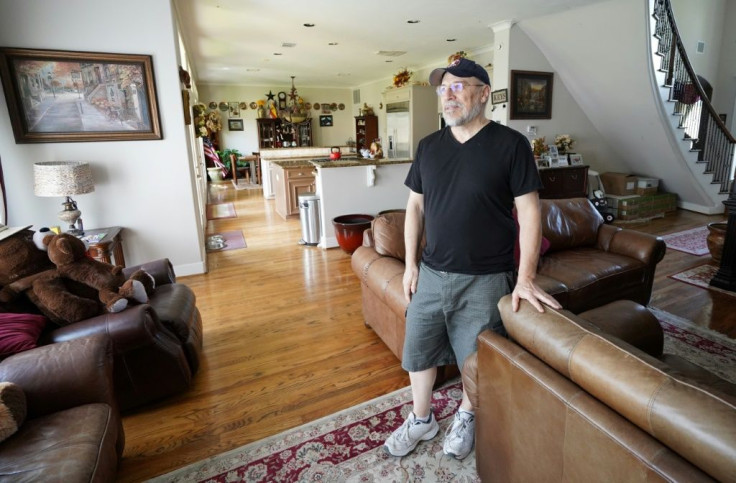Semi-Retirement Works For Baby Boomers, But Are Businesses Ready To Accommodate?
As the most experienced members of the U.S. workforce, the baby boomer generation is set to retire with the pandemic, increasing the number of retirements. Many boomers feel the workforce is only semi-ready for that transition.
The Harris Poll did the survey that polled commissioned by Express Employment Professionals. Those polled were over the age of 18 and employed part-time, full-time, or self-employed between Sept. 28 and Oct. 13 in 2021. Those boomers, who are aged between 57 and 75, were weighed individually, with 547 individuals identifying as boomers.
While 67% of boomer-aged employees report employers are ready to handle their departure, only 48% report that there is an adequate successor to replace them. Now no one enjoys being replaced, especially if they are being replaced by younger generations with different ideas about how things should be done.
Still, that sentiment questions whether employers are ready for baby boomers to retire.

Notably, most boomers currently employed would prefer a semi-retirement model, with many saying they would rather have a flexible work schedule (79%), a consulting role (66%), and reduced hours (59%). However, only 21% of respondents had employers that offered a semi-retirement option.
Semi-retirement could offer a transition that boomers would feel more comfortable with and offer employers or those transitioning to more experienced roles the opportunity to be mentored or advised. It could also offer a solution to “the great resignation,” a labor shortage that has caused many industries to struggle with enduring questions that started during the pandemic.
The pandemic has also brought more people to consider retirement as the jobs market plummeted in 2020 and struggled on in 2021. To fix the problem, some employers have looked to bring back retired employees to the workforce, either for a temporary or long-term role.
Almost half of those polled said that their employer brought retired employees back (47%) for expert knowledge (24%), to mentor current employees (22%), or to handle long-established client relationships (15%). It is possible the pandemic will shift semi-retirement or part-time work trends to accommodate an increasingly older workforce.
© Copyright IBTimes 2024. All rights reserved.






















